Volume 1: This Volume One deals with Educational Planning and Administration. It studies in detail Education Programme and Planning; Educational Planning; Points for Consideration; Educational Planning for Quality, Sixth Five Year Plan and Annual Plan 1982-83; Educational Planning and the Eighth Plan; New Directions in Educational Planning; How to Plan Education of the Future; First National Conference of IAEPA; A Critical Study of the Communication Patterns Adopted by the Colleges of Education; Educational Planning and Management; Trends, Development and Needs; Analysis of Planning Process in Relation to Education Administration; Administrative Style in Education; Management of Objectives in Educational Institutions; Problems of Educational Administration in Remote Rural Areas; Performance Budgeting for Accountability in Education; Rational Utilization of Resources for Educational Development with Emphasis on Non-monetary Inputs; Educational Expenditure and Beneficiaries; a System Approach to the Analysis of Indian Educational Expenditure; Courses in Educational Organisations; Educational Planning and Administration in India; Planning and the Non-literate India; Decentralised Planning in Education; Local Area Planning for Education: An Integrated Multi-objective, Multi-Level, Multi-regional Approach to Local Area Planning for Education and Development; Managing Schools for Educational Quality and Equity: finding the Proper Mix to Make it Work; towards a Strategy for the1990s and Beyond; External and Internal Resource Mobilization for Education for All; Financing of Education and Health in India; Some Aspects of Economics of Unfair Means in Examinations; An Evaluation and Inventory of Educational and Manpower Planning Models; An Updated Review ; Education Development under 5 year plans. Volume 2: This Volume Two studies Primary Education and Adult Literacy. It gives in details Elementary Education for all; India’s Primary Schools: The Funding of Desperate Needs; Primary Education: Some Flaws in Planning; Grade Transition Model for Primary Education; Linkages between Enrolment Projections and Economic and Demographic Projections; Impact of Democracy on Primary Education in India; Birth Order and Intellectual Development; Pre-School Children and the Productivity of Education; A Systems Approach to Rural Education; Poverty and Education; Distribution of Education among Income Group; Educate People to Eradicate Poverty; Primary Education and Literacy; Universalization of Elementary Education: A Simple General Equilibrium Type Policy Model; Marching Ahead to Attain Total Literacy; Educational Planning: The Case of Adult Education and Non-formal Education; Literary Drive and Adult Education through Voluntary Organisation; Adult Literacy and Language Testing; Implication of Reading Research for Adult Literacy; Towards Organizing Language Experience for Functional Literacy; Curricula and Materials for Adult Literacy; A note on Mass Literacy Programme in India; Teachers, Tangibles and Techniques in Adult Education Programme; New Trends in Curriculum Construction and Materials Development of Functional Literacy; Language and Adult Education; Functional Literacy Programme for the Tribals; Adult Literacy Transfer Model from Mother-tongue to State Language; System Design of Production of Educational Material for Rural Adults; Adult Education and Social Change; Mass Literacy and National Adult Education Programme; Non-formal Education and Rural Development; Form and Structure of Adult Education; Teaching Aids-Flannelgraphs and Flash Cards; Film and Literacy; Quality of Primary Education: An Empirical Study; Education for All by Year 2000; Literacy in the context of Education for all by 2000; Literacy and Primary Education in India: 1980-81 to 1991; Literacy for the Oppressed; A Study of Certain Factors Relating to the Achievement in Literacy; A Decomposition Model of Growth of Literacy in India; Literacy Campaigns in Maharashtra and Goa: Issues, Trends and Direction; Problems of Wastage in School Educational Dropouts at Elementary Level; Adult Education and the Adoption of Agricultural Practices; Non-formal Education and Dropouts; Literacy in India; Institutions in India; Teachers in India; Enrolment in India; Development of Elementary and Non-Formal Education.
Studies in Educational Development (In 6 Volumes)
In stock
Free & Quick Delivery Worldwide
reviews
Bibliographic information
Title
Studies in Educational Development (In 6 Volumes)
Author
Edition
2nd ed.
Publisher
ISBN
8176294950
Length
x+483p., xii+894p., x+505p., x+668p., x+582p., x+624p., Figures; Tables; Notes; References; Annexures; Appendices; Index; 23cm.
Subjects

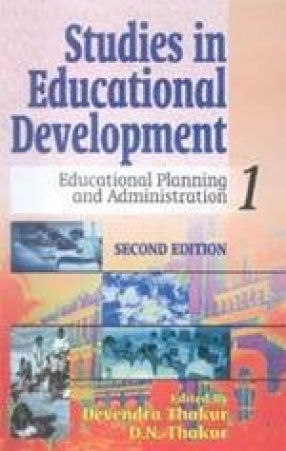
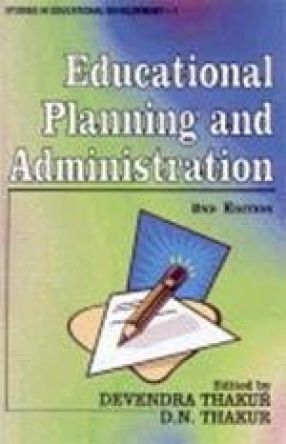

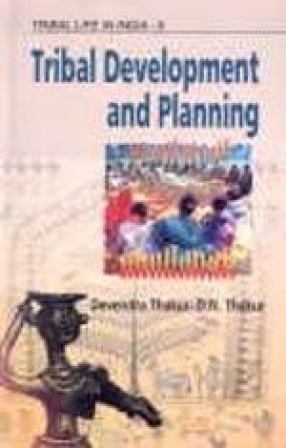
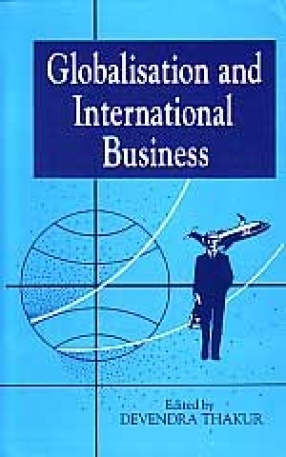
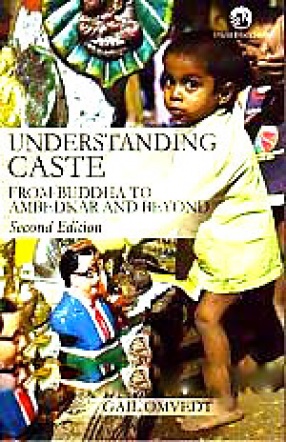
There are no reviews yet.